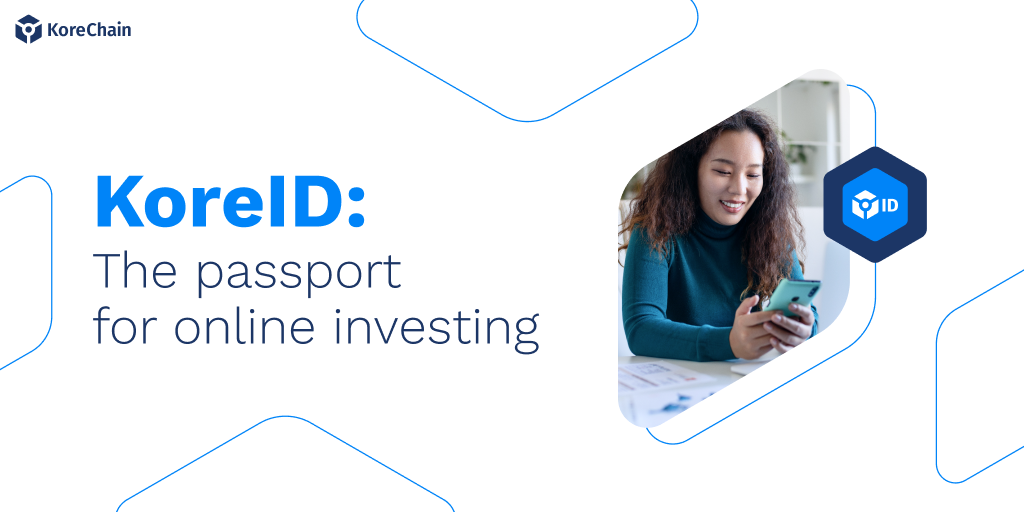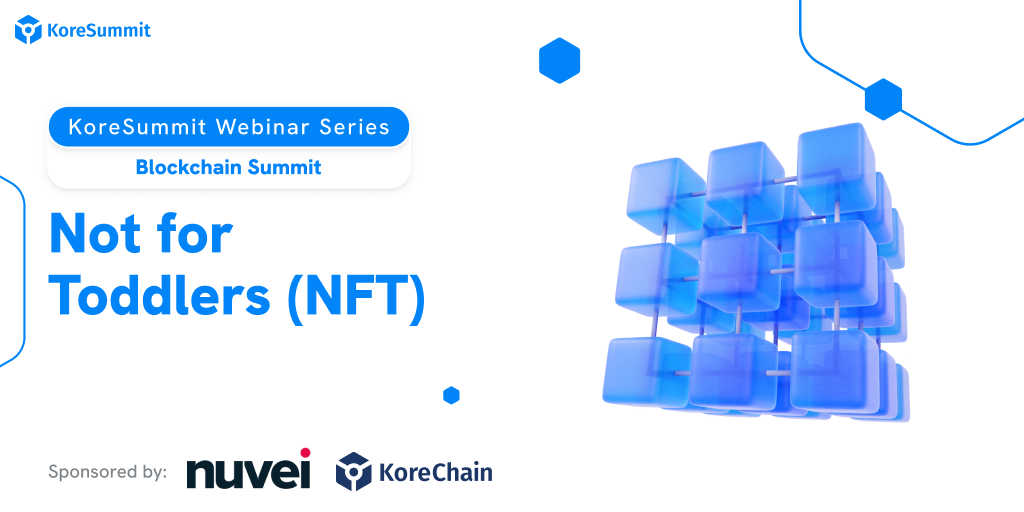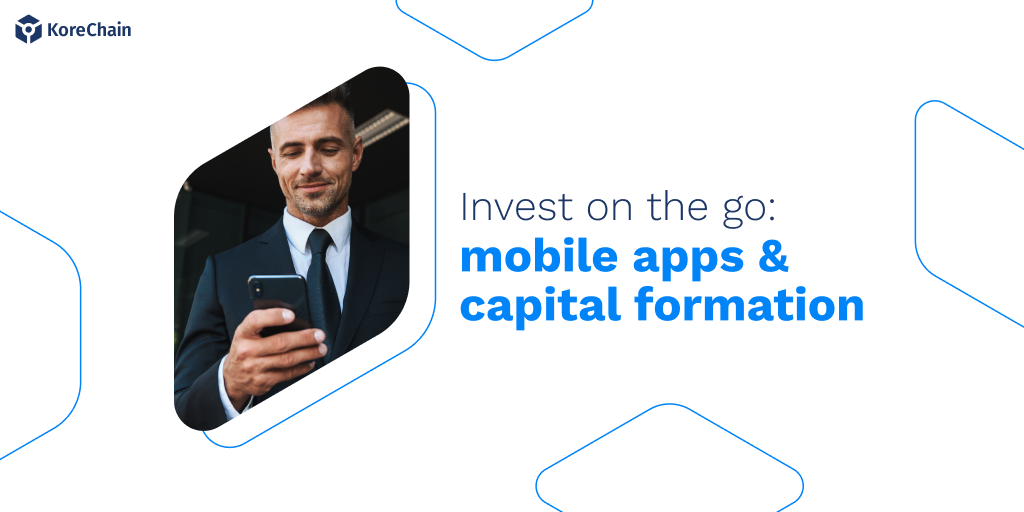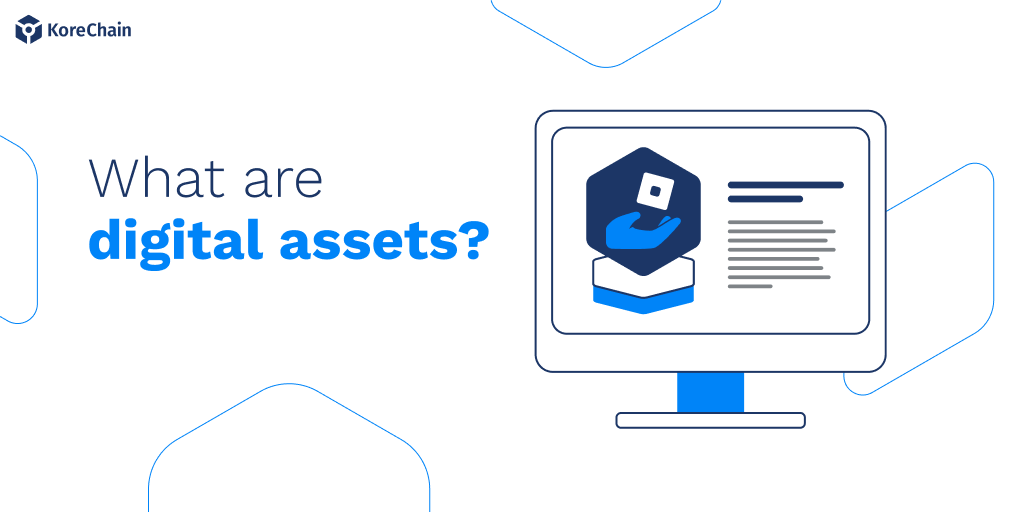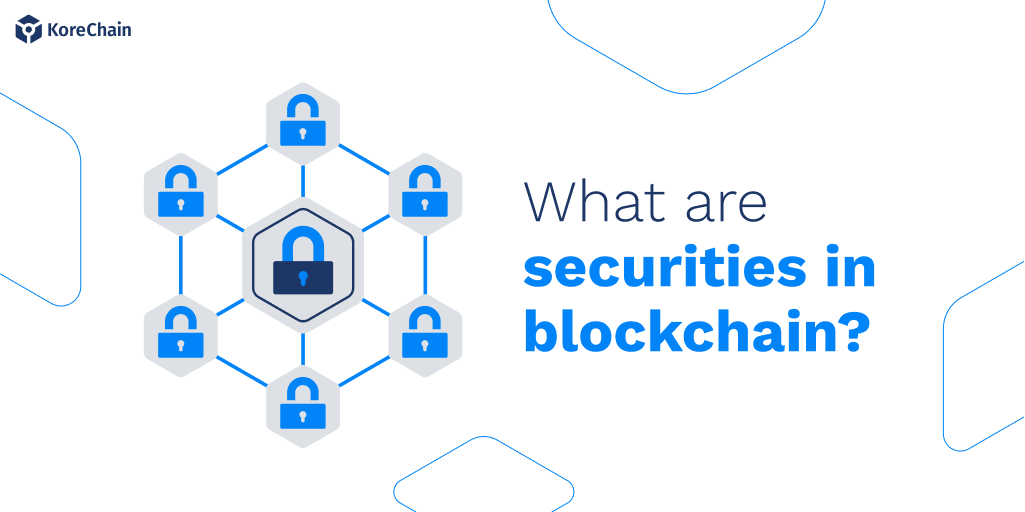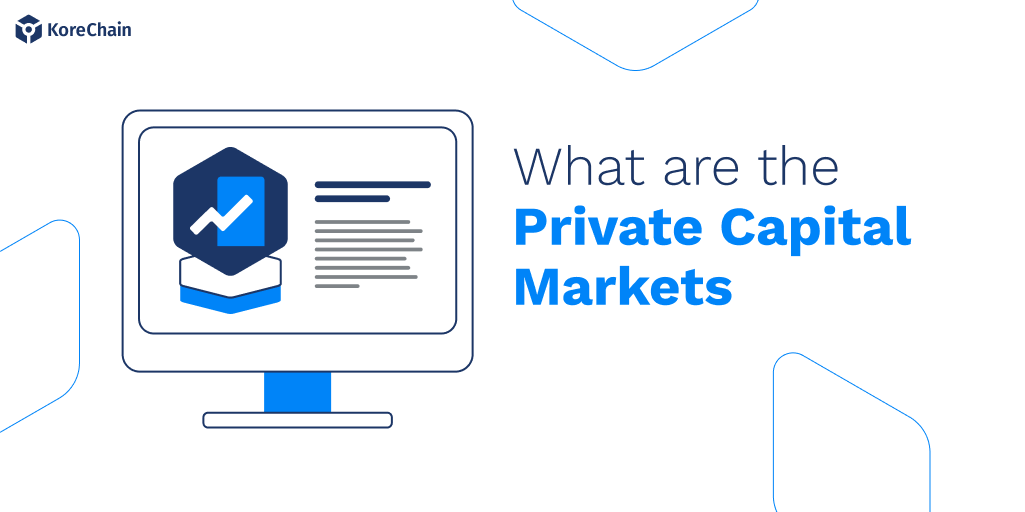As online investing continues to experience explosive growth—rising by an annual rate of 40% since the enactment of the JOBS Act in 2015—the landscape of private capital markets has expanded considerably. In the United States alone, there are over 233 million potential investors, each of whom faces a complex web of regulatory requirements and logistical challenges. Among these, investor fatigue stands out as a significant issue, as individuals are required to navigate multiple platforms, re-enter personal data for each investment, and manage diverse portfolios across various sites. Enter KoreID: a transformative solution that streamlines the online investing process, enhancing security, efficiency, and compliance.
Understanding Investor Fatigue
Investor fatigue emerges primarily from the cumbersome processes required to engage with private investments. Each time investors wish to participate in a new offering, they must undergo the mandatory regulatory steps of KYC (Know Your Customer) and suitability assessments, filling out extensive forms and providing sensitive information anew. This not only slows down the investment process but also makes it harder for investors to track and manage their diverse investment portfolios across different platforms.
The Revolutionary Solution: KoreID
KoreID, developed by KoreChain, addresses these challenges head-on by providing a unified, secure digital identity for investors. This “passport” for online investing does three pivotal things:
- Enhanced Security and Identity Verification
-
-
- Upon making an investment through a FINRA Broker-Dealer or a Registered Funding Platform, investors are issued a KoreID. This ID is then added to the KoreChain, the first blockchain platform to receive SEC qualification for the JOBS Act.
- The KoreID not only verifies the identity of the investor but also records which regulated participant performed the verification and the sources used for validation.
-
- Simplified Access and Reduced Redundancy
-
- With KoreID, investors no longer need to fill out repetitive forms every time they want to invest. When they see the KoreID logo, they can simply use their ID to securely log in, and all their pertinent information is automatically populated. What once took minutes now takes seconds.
- Decentralized Investment Tracking
-
- KoreID enables investors to track all their investments in private companies through a single interface.
- Wherever KoreID is accepted, investors can log in to view their entire investment portfolio, streamlining management and oversight.
Benefits for All Stakeholders
Investors enjoy a significantly reduced administrative burden, allowing them to focus more on finding the right opportunities without the dread of paperwork and data re-entry. This ease of use encourages continued investment activities, reducing dropout rates due to process fatigue.
FINRA Broker-Dealers and other regulated participants benefit from faster onboarding times, as the investor’s identity and background checks are already completed and recorded in the KoreID system. This ensures that all suitability and compliance requirements are seamlessly met, speeding up the transaction process and reducing the risk of regulatory violations.
Private Companies looking to raise capital find a more attractive and fertile environment for growth. With KoreID, companies can tap into a pool of verified and ready investors, which can lead to quicker funding rounds and potentially higher investment volumes.
A Paradigm Shift in Online Capital Raising
KoreID represents a paradigm shift akin to how tech giants have simplified user experiences and enhanced security. Just as many online services allow users to create accounts or log in using their Google or social media credentials, KoreID provides a regulatory-compliant method that enhances investor protection and simplifies the investment process in the private capital markets.
The Synergy of JOBS Act and KoreID
The synergy between the JOBS Act and KoreID creates a more dynamic and accessible market for private companies and investors alike. By leveraging KoreID, companies can ensure compliance with regulations such as RegCF, RegD, and RegA+, while also offering an appealing, user-friendly interface for both new and seasoned investors. This integration not only promotes wider participation in the private markets but also strengthens the overall ecosystem through enhanced security and streamlined processes.
In conclusion, KoreID by KoreChain is not just a tool but a transformational force in the private capital markets, breaking down barriers for investors and companies alike. It ensures that the burgeoning field of online investing remains vibrant, secure, and accessible, empowering more people to participate in investment opportunities previously beyond reach. For investors tired of the traditional complexities of investing in private markets, KoreID offers a refreshing passport to a world of possibilities, ensuring their journey is as seamless as it is successful





